
Nyabarongo River: The Lifeline of Rwanda
The Nyabarongo River, often referred to as the lifeline of Rwanda, is a must-see destination for tourists seeking to explore the natural beauty and cultural richness of the country. The river winds through the picturesque landscapes of Rwanda, offering stunning views and a serene atmosphere that is perfect for relaxation and exploration. The river is a haven for nature lovers and bird watchers. The surrounding wetlands are home to a diverse array of flora and fauna, including many species of birds, making it an ideal spot for birdwatching. The lush green banks and the gentle flow of the river provide a tranquil setting that is perfect for picnics, nature walks, and photography. In addition to its natural beauty, the Nyabarongo River holds significant cultural importance for the local communities. The river has been a source of life and sustenance for generations, and it plays a central role in many local traditions and customs. Visitors can immerse themselves in the local culture by interacting with the friendly locals and learning about their way of life. Whether you are an adventurer looking to explore the wild or a traveler seeking to connect with local culture, the Nyabarongo River offers a unique and enriching experience.
Local tips in Nyabarongo River
- Bring binoculars for birdwatching; the wetlands are home to many rare species.
- Visit during the dry season (June to September) for the best weather and easier access to the river.
- Hire a local guide to learn about the cultural significance of the river and its role in the community.
- Pack a picnic and enjoy a meal by the riverbank for a truly relaxing experience.
- Wear comfortable walking shoes and bring insect repellent for nature walks along the river.
Nyabarongo River: The Lifeline of Rwanda
The Nyabarongo River, often referred to as the lifeline of Rwanda, is a must-see destination for tourists seeking to explore the natural beauty and cultural richness of the country. The river winds through the picturesque landscapes of Rwanda, offering stunning views and a serene atmosphere that is perfect for relaxation and exploration. The river is a haven for nature lovers and bird watchers. The surrounding wetlands are home to a diverse array of flora and fauna, including many species of birds, making it an ideal spot for birdwatching. The lush green banks and the gentle flow of the river provide a tranquil setting that is perfect for picnics, nature walks, and photography. In addition to its natural beauty, the Nyabarongo River holds significant cultural importance for the local communities. The river has been a source of life and sustenance for generations, and it plays a central role in many local traditions and customs. Visitors can immerse themselves in the local culture by interacting with the friendly locals and learning about their way of life. Whether you are an adventurer looking to explore the wild or a traveler seeking to connect with local culture, the Nyabarongo River offers a unique and enriching experience.
When is the best time to go to Nyabarongo River?
Iconic landmarks you can’t miss
Kigali Genocide Memorial
Discover the poignant history at the Kigali Genocide Memorial, a site of reflection and resilience in the heart of Rwanda.
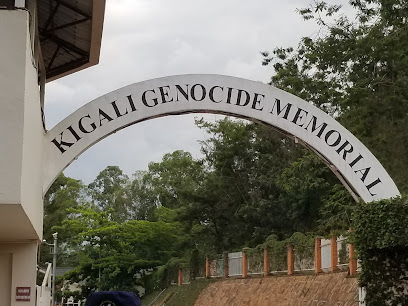
Kandt House Museum
Explore the Kandt House Museum, a cultural landmark in Kigali that unveils the rich tapestry of Rwandan history and heritage.
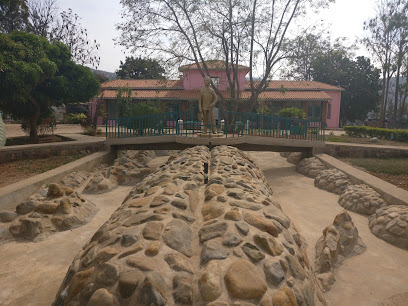
Heaven Garden Rebero
Discover the serene beauty of Heaven Garden Rebero, a lush garden oasis in Kigali, perfect for relaxation and cultural experiences.
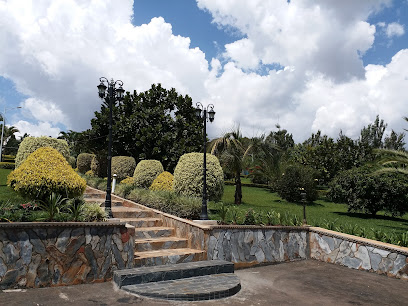
Belgian Peacekeepers Memorial
Explore the Belgian Peacekeepers Memorial in Kigali - a solemn tribute to bravery and a poignant reminder of the quest for peace during the Rwandan Genocide.
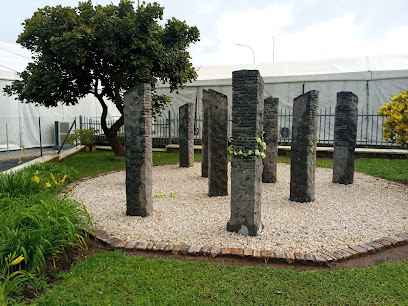
Nyanza Genocide Memorial
Explore the profound history and resilience of Rwanda at the Nyanza Genocide Memorial, a serene space for reflection and remembrance.
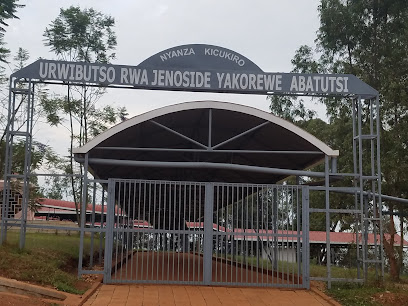
Nyabarongo
Explore the breathtaking Nyabarongo River, a serene escape into Rwanda's stunning landscapes and diverse wildlife, perfect for nature lovers and adventurers.
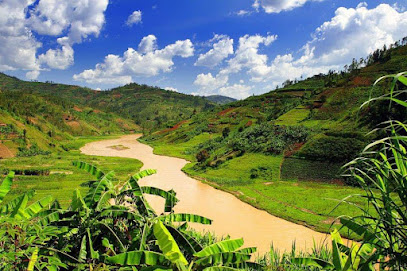
Ntarama Genocide Memorial
Explore the Ntarama Genocide Memorial, a significant site in Rwanda, honoring history while promoting peace and reconciliation.
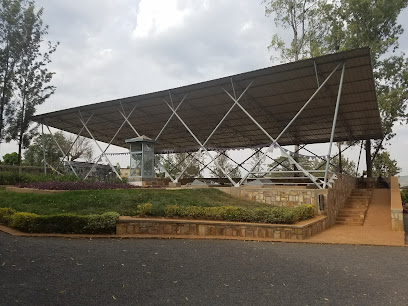
Imbuga City Walk
Explore Imbuga City Walk, Kigali's urban oasis, where nature meets culture in a vibrant city setting perfect for relaxation and exploration.
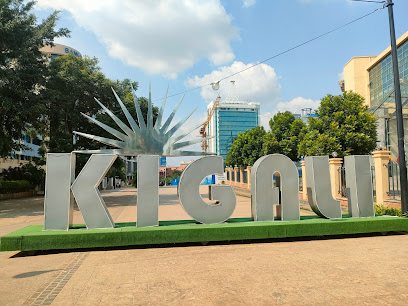
Wonderland
Explore Wonderland in Kigali, your ultimate destination for picturesque events, delightful picnics, and fun roller skating experiences amid stunning city views.
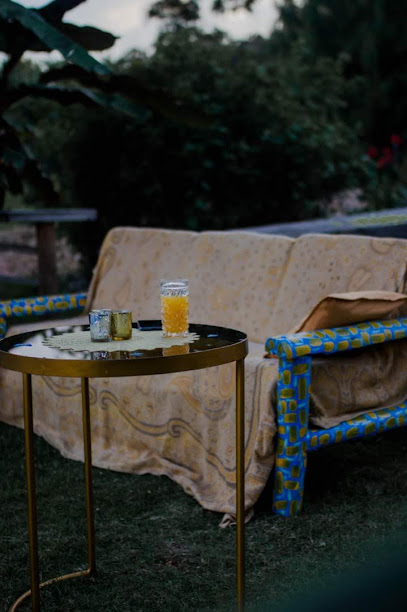
Mur de Kigali
Discover the Mur de Kigali, a vibrant mural symbolizing resilience and unity, reflecting Rwanda's rich history and culture in the heart of Kigali.
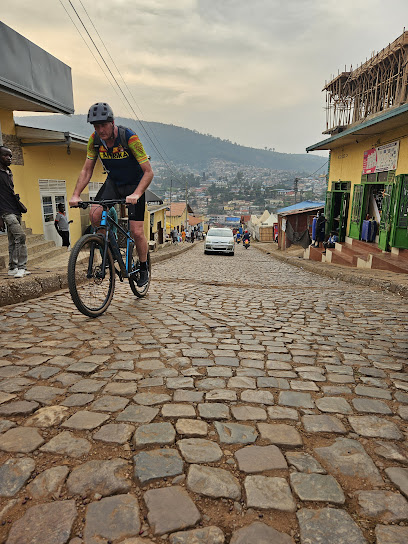
Gorilla Statue
Discover the Gorilla Statue in Kigali, a cultural landmark celebrating Rwanda's wildlife conservation and heritage amidst a vibrant local atmosphere.
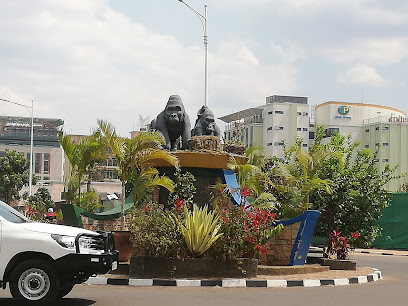
Imfura Park
Experience the tranquility and natural beauty of Imfura Park in Kigali, a perfect escape for relaxation and community engagement.
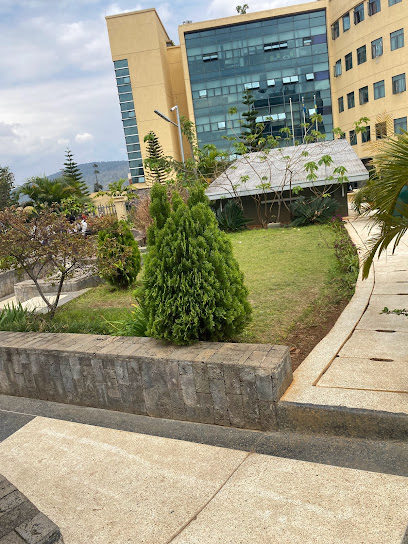
Nyamirambo Walking Tour
Explore Kigali's rich culture and vibrant community on the Nyamirambo Walking Tour, a unique experience that connects you with local traditions and stories.
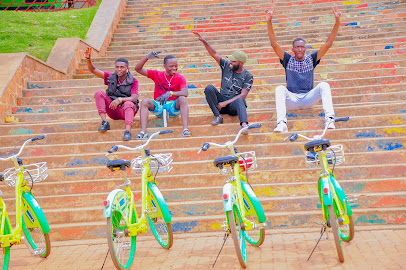
Wild Hikes Rwanda
Discover the breathtaking landscapes and rich culture of Rwanda with Wild Hikes Rwanda, your premier adventure tour operator.
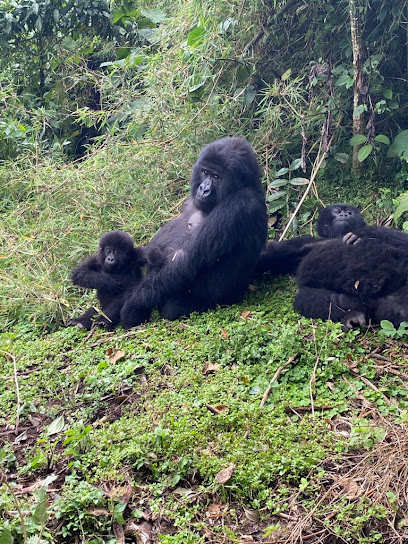
Rivière Nyabarongo
Experience the peaceful beauty of Riviere Nyabarongo, Kigali's serene river ideal for foot baths and nature appreciation.

Unmissable attractions to see
Nyanza Genocide Memorial
Explore the Nyanza Genocide Memorial, a solemn tribute in Kigali reflecting on Rwanda's past and the resilience of its people.
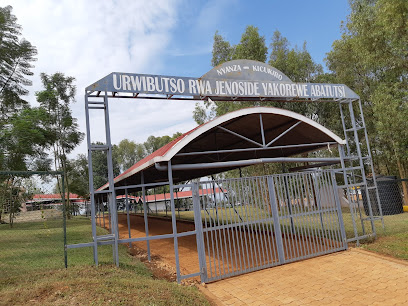
Cultural Green square Park
Explore the beauty and tranquility of Cultural Green Square Park in Kigali, a perfect blend of nature and culture for every traveler.
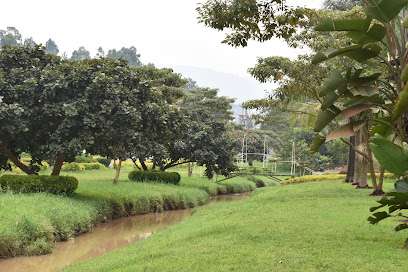
Kigali Pottery Collections, New store Kacyiru
Explore unique handcrafted pottery and artisan creations at Kigali Pottery Collections, a must-visit shopping destination in Kigali, Rwanda.
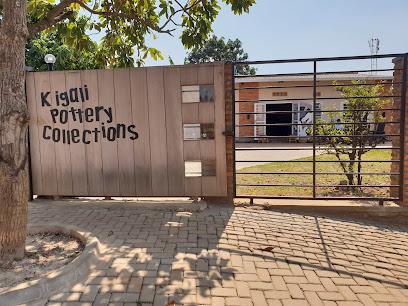
Panorama Hope Garden
Explore the tranquil beauty of Panorama Hope Garden in Kigali, a serene escape with stunning city views and lush greenery.
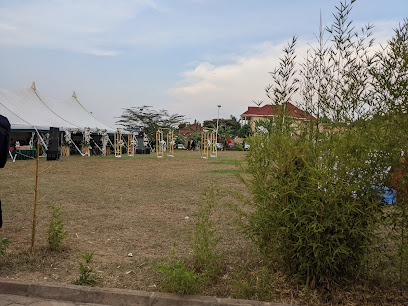
Imfura Park
Explore Imfura Park, a tranquil oasis in Kigali, perfect for relaxation, picnics, and enjoying the beauty of nature amidst urban life.
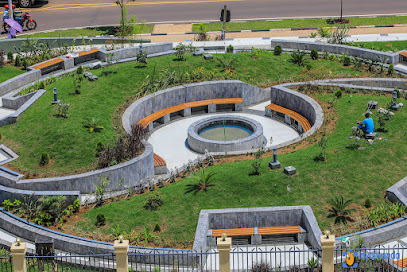
Agaseke center/ KIGALI CULTURAL VILLAGE
Explore Agaseke Center in Kigali Cultural Village for an authentic experience of Rwandan craftsmanship and stunning views of the city.
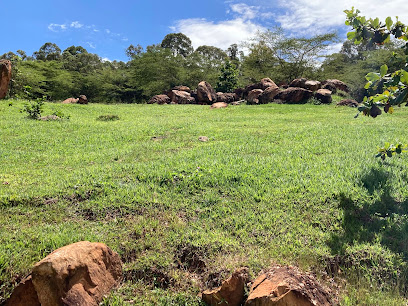
The Rock of Kamegeri
Discover the breathtaking Rock of Kamegeri, a historical landmark in Rwanda, where nature and culture converge in stunning landscapes.
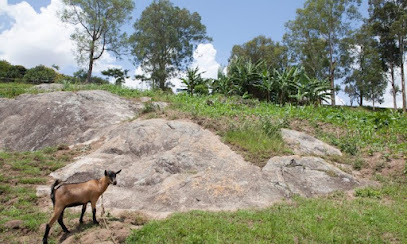
Kigali EcoPark & Culture Village Ltd
Explore the Kigali EcoPark & Culture Village for a unique blend of nature and Rwandan culture, showcasing art, cuisine, and tradition in a serene environment.
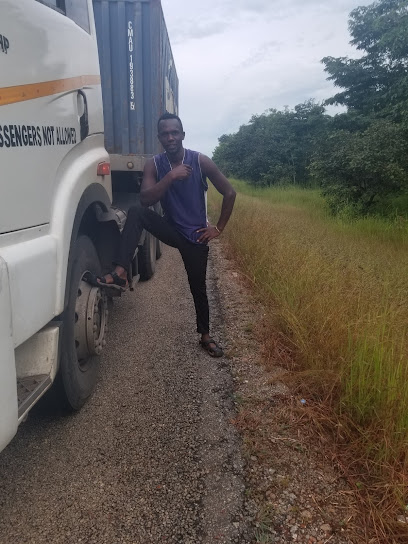
Mwendo hiking way
Discover the breathtaking trails and rich culture at Mwendo Hiking Way in Kigali, an unforgettable adventure awaits you in Rwanda's scenic landscapes.
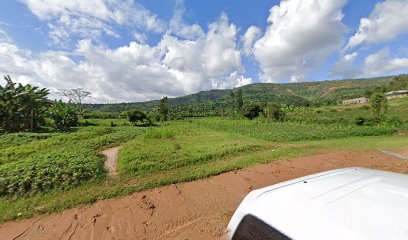
Coffee Eden Park
Discover the tranquility of Coffee Eden Park in Kigali, a serene oasis perfect for relaxation, nature walks, and enjoying the best of Rwanda's coffee culture.
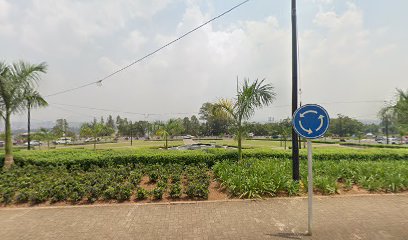
MU KIRYAMO CY'INZOVU
Experience the breathtaking beauty and rich culture at MU KIRYAMO CY'INZOVU, a hidden gem in Rwanda's stunning landscape.

Ikiraro Mwendo (M III)
Explore the serene beauty and cultural heritage of Ikiraro Mwendo (M III) in Kigali, a must-visit tourist attraction in Rwanda.
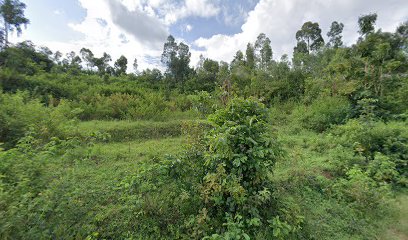
ExtraInn Eco-Village
Experience the tranquility of nature at ExtraInn Eco-Village in Runda, Rwanda, where sustainability meets comfort for an unforgettable getaway.
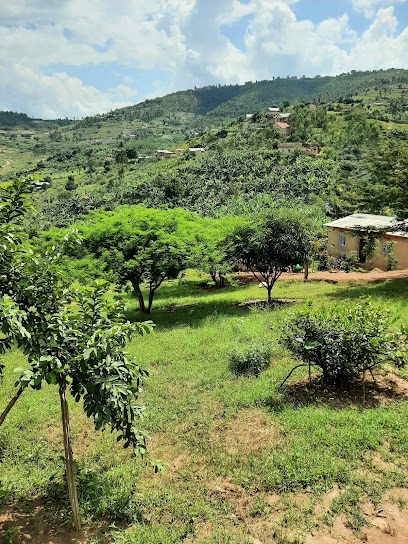
Be Ambassador of Hope (BAHO CENTER)
Experience hope and inspiration at the Be Ambassador of Hope Center in Kigali, where art meets community empowerment.
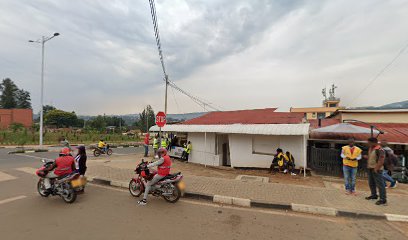
IshemaTours Rwanda.
Experience the beauty and culture of Rwanda with IshemaTours, your trusted partner for unforgettable adventures in Kigali.
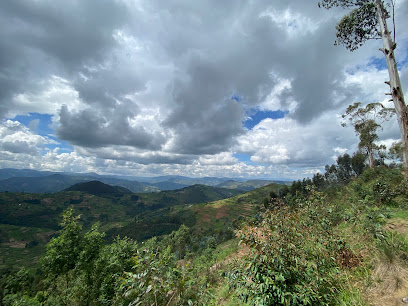
Essential places to dine
The Hut Restaurant and Boutique Hotel
Discover luxury and fine dining at The Hut Restaurant and Boutique Hotel in Kigali - your gateway to Rwandan hospitality.
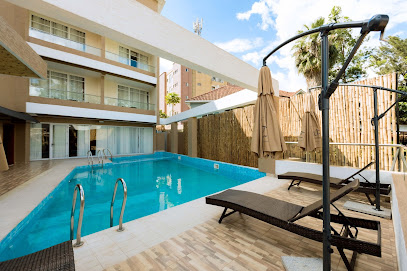
Heaven Restaurant & Boutique Hotel
Discover exquisite Rwandan cuisine and breathtaking views at Heaven Restaurant & Boutique Hotel in Kigali.
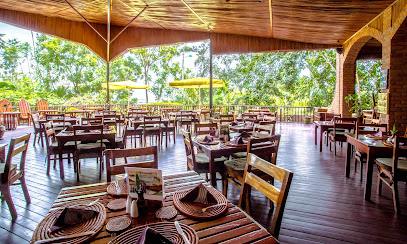
Bamboo Rooftop Restaurant
Experience the best of Chinese cuisine with stunning views at Bamboo Rooftop Restaurant in Kigali—a culinary gem for tourists.
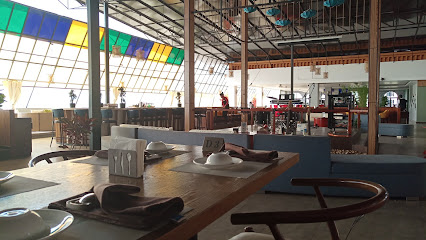
Green Corner
Experience the vibrant flavors of Rwanda at Green Corner Grill in Kigali – where great food meets an inviting atmosphere.
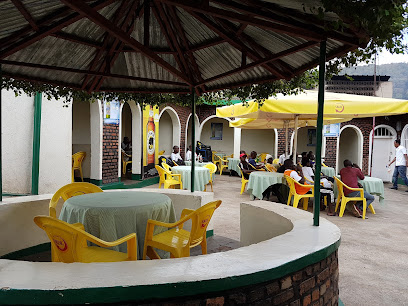
New Cactus
Discover authentic Rwandan flavors at New Cactus in Kigali—a culinary gem offering a warm ambiance and diverse menu perfect for all tastes.
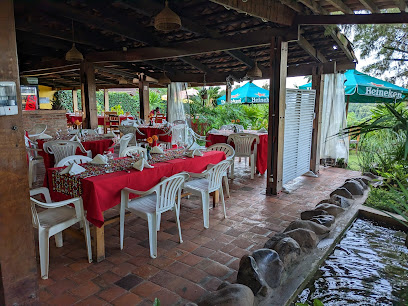
Rooftop Rendezvous
Experience breathtaking views and exquisite cuisine at Rooftop Rendezvous in Kigali - a must-visit destination for every traveler.
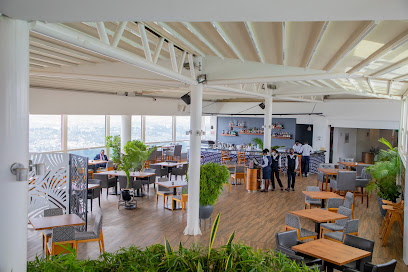
The Best Nigerian Food In Kigali
Explore authentic West African cuisine at The Best Nigerian Food in Kigali, where every dish tells a story.
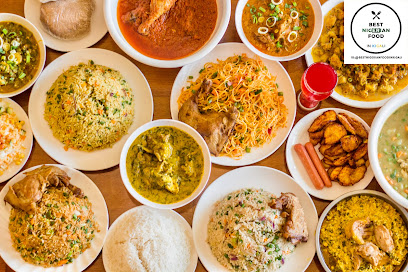
Brachetto Restaurant
Discover the rich flavors of Rwandan cuisine at Brachetto Restaurant in Kigali - a must-visit dining experience for every traveler.
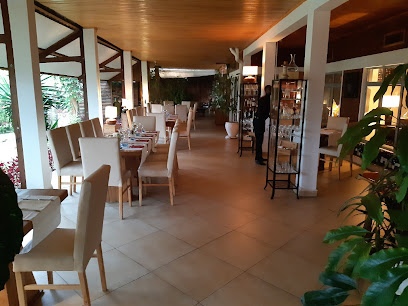
Filini Italian Restaurant
Experience authentic Italian cuisine in Kigali at Filini Italian Restaurant - where every meal is a celebration of flavor.
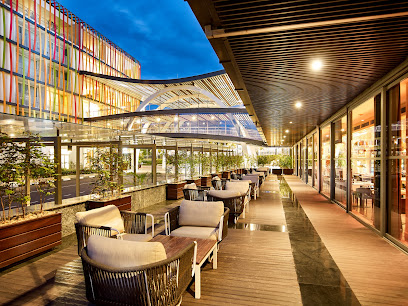
Indabo Café Kiyovu
Discover Indabo Café Kiyovu: where delicious food meets nature's beauty in Kigali's heart.
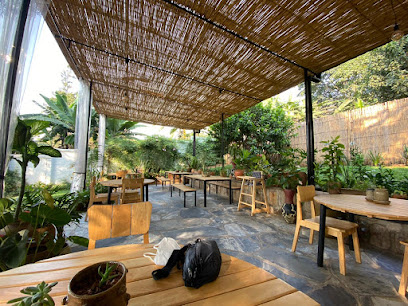
Simba Restaurant
Experience authentic Rwandan cuisine at Simba Restaurant in Kigali – where every dish tells a story.

TAMU TAMU RESTAURANT
Experience authentic Rwandan cuisine at TAMU TAMU RESTAURANT in Kigali – where flavor meets culture in a vibrant setting.
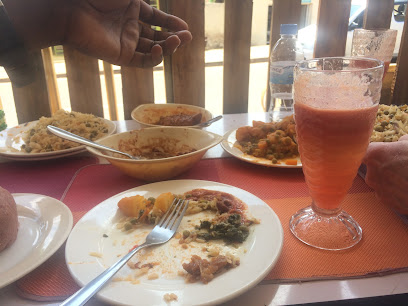
Cucina
Discover Cucina in Kigali - where authentic Italian flavors meet Rwandan hospitality in a chic dining atmosphere.
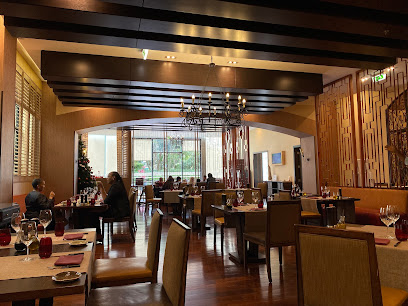
Brisky On-The-Go (Nyarugenge)
Discover Brisky On-The-Go in Kigali: where fast food meets local flavors in a casual and inviting atmosphere.
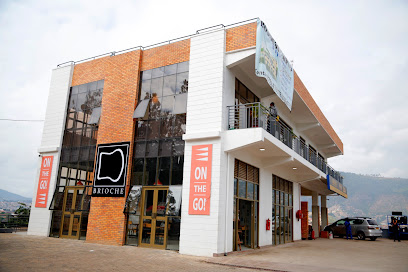
Honey Restaurant
Discover the vibrant flavors of Rwanda at Honey Restaurant in Kigali - where local meets international cuisine in a warm atmosphere.
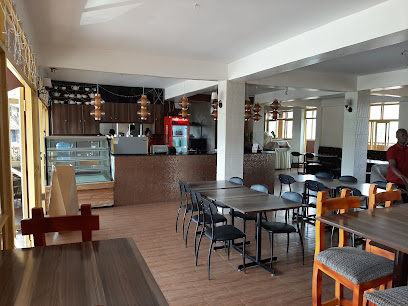
Markets, malls and hidden boutiques
Nziza Crafts
Discover the vibrant essence of Rwanda through unique handcrafted souvenirs at Nziza Crafts in Kigali.
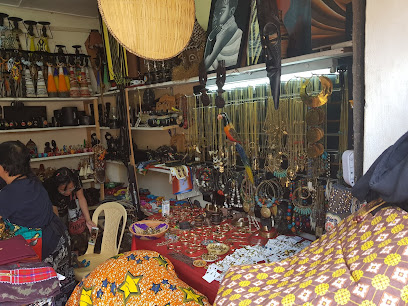
Roots Rwanda Online Shopping
Discover the best of Rwandan e-commerce at Roots Rwanda, your one-stop online shopping destination for quality products.
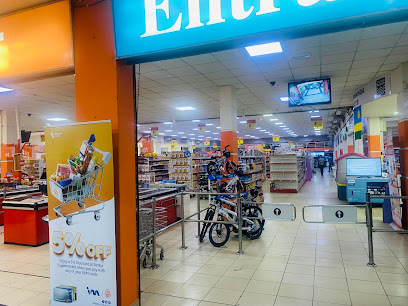
Made in Rwanda Shop
Explore the vibrant craftsmanship of Rwanda at Made in Rwanda Shop, where every purchase supports local artisans and sustainable tourism.

Tic-Tac-Toe (Gift Shop)
Explore Kigali's Tic-Tac-Toe Gift Shop for unique Rwandan crafts and souvenirs that embody the spirit of the local culture.
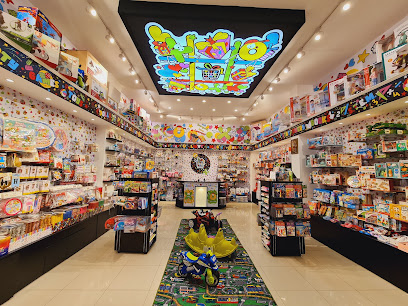
Basket Store
Discover unique Rwandan crafts at Kigali's Basket Store, featuring handmade baskets and souvenirs that celebrate local artistry and culture.
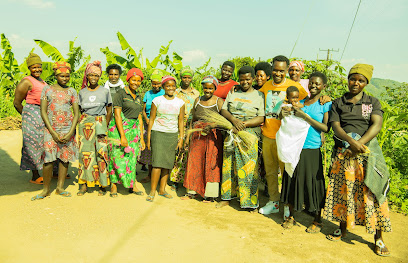
Gift & Stuff Rwanda
Experience the essence of Rwanda at Gift & Stuff, your go-to spot for unique gifts and authentic souvenirs that celebrate local craftsmanship.
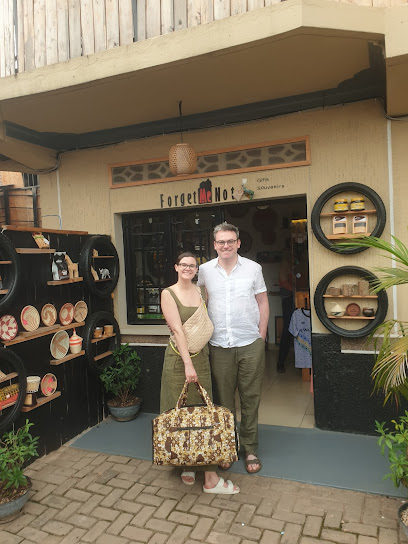
Aiemstore
Discover the heart of Rwandan craftsmanship at Aiemstore, your go-to gift shop in Kigali for unique souvenirs and local artistry.

Akeza Shop
Discover the charm of Rwanda at Akeza Shop, a premier destination for unique, handcrafted gifts and souvenirs in Kigali.
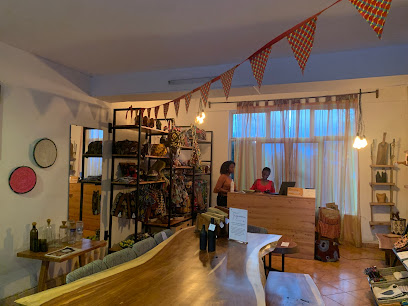
GAKENKE DISTRICT
Explore Gakenke District: A hidden gem in Rwanda offering rich culture, stunning landscapes, and unforgettable local experiences.

Buy in Rwanda Online Shop
Explore Rwanda's vibrant culture through unique online shopping, featuring local crafts and gourmet foods delivered conveniently to you.

Love To Help Rwanda
Explore the heart of Kigali with unique handcrafted gifts at Love To Help Rwanda, celebrating local artisans and culture.

River Nile Stop
Explore River Nile Stop near Kimironko Market - a boutique paradise offering unique Rwandan crafts and an authentic cultural experience.
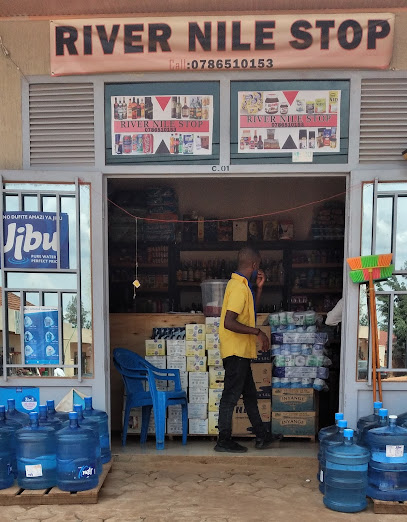
ECLAIR Boutique
Explore ECLAIR Boutique in Kigali for unique gifts and authentic Rwandan crafts, capturing the essence of local artistry and creativity.
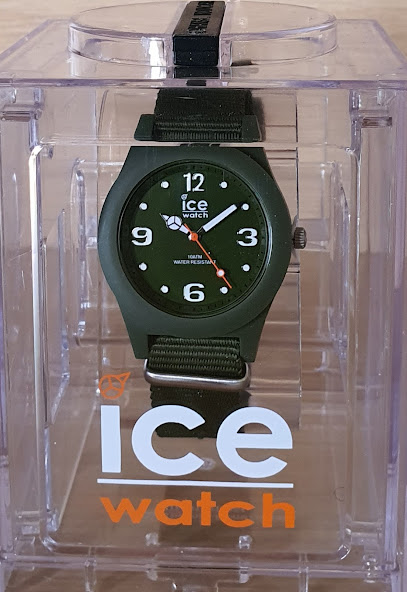
nbkkopo
Explore nbkkopo for exquisite formal wear in 00gikonkwa, where style meets tradition in the heart of Rwanda.

NYIRANDORIMANA SHOP LTD
Explore Nyirandorimana Shop Ltd for a unique blend of local and imported footwear in the heart of Nyakarambi, Rwanda.

Essential bars & hidden hideouts
Rosty Club
Experience the vibrant nightlife of Kigali at Rosty Club, where live music and delicious cuisine meet in a lively atmosphere.
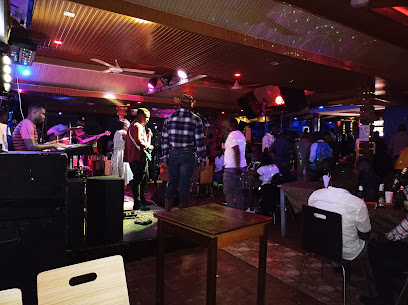
Rooftop Rendezvous
Experience Kigali's breathtaking views and culinary delights at Rooftop Rendezvous, where local flavors meet a stunning atmosphere.
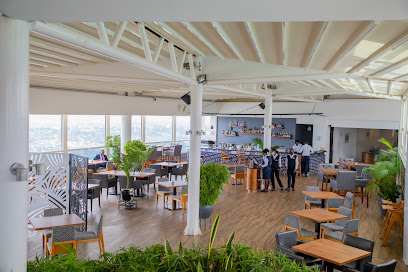
Rio de Gikondo Sport Bar & Accomodation
Experience the vibrant heart of Kigali at Rio de Gikondo Sport Bar & Accommodation, where local culture and friendly vibes come together.
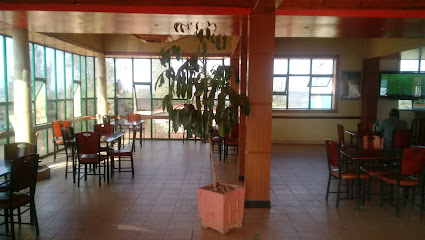
Bar Nyenyeri
Experience the vibrant nightlife of Kigali at Bar Nyenyeri, where good drinks and great company await in an inviting atmosphere.
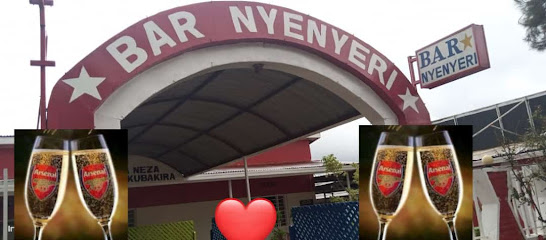
Boogaloo
Discover the lively atmosphere and diverse drink offerings at Boogaloo, Kigali's premier bar for nightlife adventures and local culture.
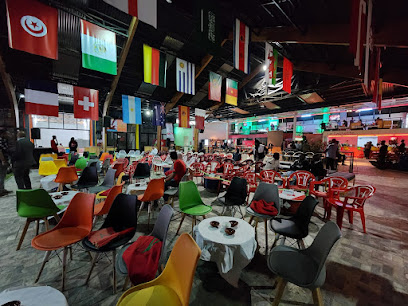
Ten to Two Bar Resto
Discover the vibrant flavors of Kigali at Ten to Two Bar Resto, where grilled delights meet a lively atmosphere, perfect for unforgettable moments.
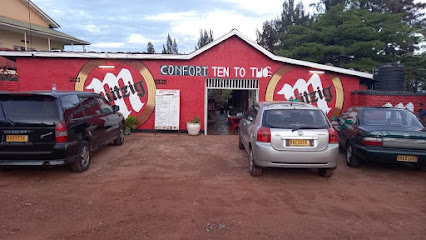
CUBANA MAPUB
Experience the vibrant nightlife of Kigali at Cubana Mapub, where local music and rich flavors come together in a lively bar atmosphere.
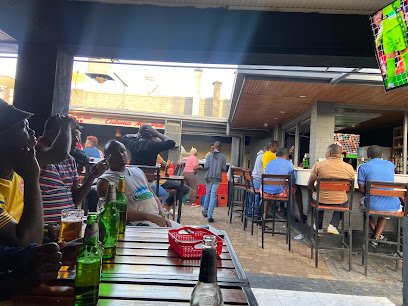
HAVANA BAR AND RESTO
Discover the vibrant flavors and welcoming ambiance of Havana Bar and Resto, a must-visit grill in the heart of Kigali, perfect for food enthusiasts.
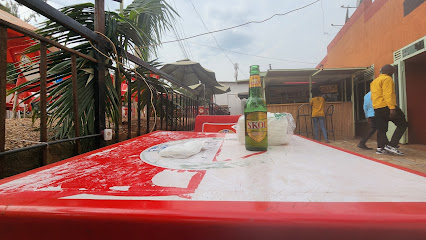
Chill Avenue
Discover the vibrant atmosphere and extensive drink selection at Chill Avenue, a must-visit bar in Runda for an unforgettable nightlife experience.
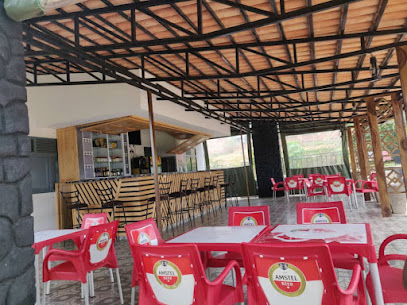
Murugo Pub
Discover Kigali's nightlife at Murugo Pub, where local culture meets vibrant energy, offering an unforgettable bar experience in Rwanda's capital.
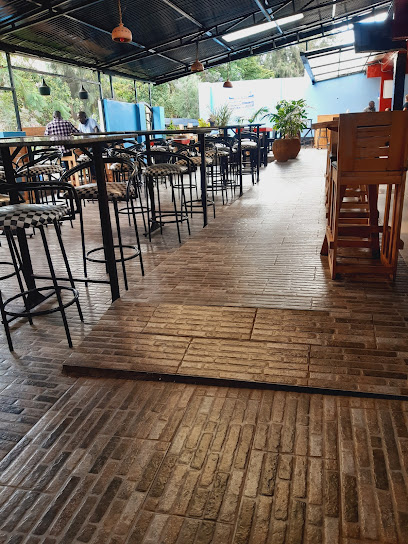
Baretto
Experience the vibrant nightlife of Kigali at Baretto, where local charm meets a diverse drink selection for an unforgettable evening.
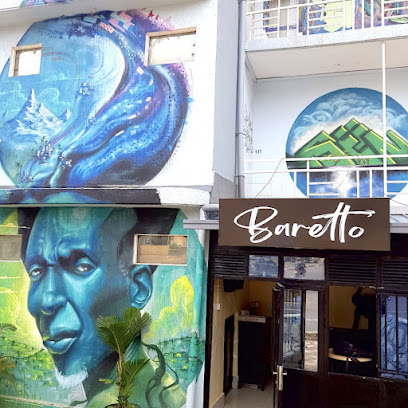
karibu bar and restaurant
Experience the vibrant flavors and warm hospitality of Kigali at Karibu Bar and Restaurant, where every meal is a celebration of culture.

Week end Bar
Discover the vibrant atmosphere and mouthwatering grilled dishes at Week End Bar in Kigali, a must-visit culinary hotspot for every traveler.
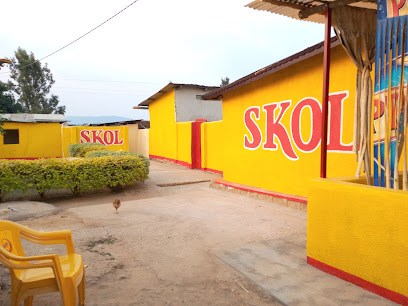
BAR URUGANIRIRO
Discover the flavors of Sheli at BAR URUGANIRIRO, where grilled delicacies meet a vibrant atmosphere for an unforgettable dining experience.

Local Phrases about Nyabarongo River
-
- HelloMuraho
[moo-rah-ho] - GoodbyeMurabeho
[moo-rah-beh-ho] - YesYego
[ye-go] - NoOya
[oy-ah] - Please/You're welcomeMwakoze
[mwa-ko-zeh] - Thank youMurakoze
[moo-rah-ko-zeh] - Excuse me/SorryNshuti
[n-shoo-tee] - How are you?Amakuru?
[ah-ma-koo-roo] - Fine. And you?Ni meza. Na wewe?
[nee meh-zah. nah weh-weh] - Do you speak English?Wavuga iki?
[wah-voo-gah ee-kee] - I don't understandSinzi
[seen-zee]
- HelloMuraho
-
- I'd like to see the menu, pleaseNifite menu, kubanjiriza.
[nee-fee-teh meh-noo, koo-ban-jee-ree-zah] - I don't eat meatSimera ibiryo by'umuhinzi
[see-meh-rah ee-beer-yo bee-oo-moo-heen-zee] - Cheers!Amasimbi!
[ah-mah-seem-bee] - I would like to pay, pleaseNifite ibiribwa, kubanjiriza.
[nee-fee-teh ee-bee-ree-bwah, koo-ban-jee-ree-zah]
- I'd like to see the menu, pleaseNifite menu, kubanjiriza.
-
- Help!Urameze!
[oo-rah-meh-zeh] - Go away!Genda!
[g-en-dah] - Call the Police!Siga polisi!
[see-gah poh-lee-see] - Call a doctor!Siga dokotore!
[see-gah doh-koh-toh-reh] - I'm lostNdi numvwa
[ndee noom-vwah] - I'm illNdi mwiru
[ndee mwee-roo]
- Help!Urameze!
-
- I'd like to buy...Nifite...
[nee-fee-teh] - I'm just lookingNshaka kuba ndakora
[n-shah-kah koo-bah n-dah-kor-ah] - How much is it?Ni iyihe?
[nee ee-yee-heh] - That's too expensiveIyo irimo
[ee-yo ee-ree-moh] - Can you lower the price?Wakoresheje igitabo?
[wah-koh-reh-sheh-jeh ee-gi-tah-bo]
- I'd like to buy...Nifite...
-
- What time is it?Saa ngapi?
[sah n-gah-pee] - It's one o'clockNi saa ya rimwe
[nee sah yah reem-weh] - Half past (10)Saa tanu na rimwe
[sah tah-noo nah reem-weh] - MorningIgisibo
[ee-gee-see-bo] - AfternoonIcyumweru
[ee-choom-weh-roo] - EveningIkuzimu
[ee-koo-zee-moo] - YesterdayEjo
[eh-joh] - TodayEjo
[eh-joh] - TomorrowEjo
[eh-joh] - 1Rimwe
[reem-weh] - 2Kabiri
[kah-bee-ree] - 3Gatatu
[gah-tah-too] - 4Kane
[kah-neh] - 5Gatanu
[gah-tah-noo] - 6Gatandatu
[gah-tahn-dah-too] - 7Kumana
[koo-mah-nah] - 8Cumwe
[choom-weh] - 9Icyenda
[ee-chee-en-dah] - 10Mumwe
[moo-mweh]
- What time is it?Saa ngapi?
-
- Where's a/the...?Iki?
[ee-kee] - What's the address?Aho ni aho?
[ah-hoh nee ah-hoh] - Can you show me (on the map)?Wakoresheje (kuri murugo)?
[wah-koh-reh-sheh-jeh (koo-ree moo-roo-go)] - When's the next (bus)?Ni uko iyi (bus) isigaye?
[nee oo-koh ee-yee (boos) ee-see-gah-yeah] - A ticket (to ....)Igihitabo (ku ....)
[ee-gi-hee-tah-bo (koo)]
- Where's a/the...?Iki?
History of Nyabarongo River
-
Nyabarongo River is one of Rwanda's most important rivers, serving as a major tributary to the Nile. It originates in the Nyungwe Forest and winds its way through the Rwandan countryside, playing a crucial role in the country's ecosystem and agricultural activities. The river's fertile banks have supported human settlements and farming communities for centuries.
-
Before the advent of colonialism, the Nyabarongo River was central to the various pre-colonial kingdoms that existed in Rwanda. The river served as a natural boundary and a resource for sustenance, influencing the social and political dynamics of the region. The river was considered sacred and was often the site of various traditional rituals and ceremonies.
-
During the German and subsequently Belgian colonial periods, the Nyabarongo River saw significant changes. Colonial administrators recognized the river's importance and initiated several infrastructure projects, including the construction of bridges and the promotion of cash crop farming along its banks. These projects were aimed at exploiting the river’s resources for economic gain.
-
The Nyabarongo River holds a somber place in Rwanda's history, particularly during the 1994 Rwandan Genocide. Tragically, the river was used as a dumping ground for the bodies of victims. This dark period is an indelible part of the river's history, serving as a stark reminder of the atrocities that occurred and the resilience of the Rwandan people in its aftermath.
-
In contemporary times, the Nyabarongo River remains vital for Rwanda's agriculture, hydroelectric power, and biodiversity. Recent efforts have been made to protect and conserve the river, including the establishment of conservation programs and the promotion of sustainable farming practices. The river is also a key focus for eco-tourism, drawing visitors interested in its natural beauty and historical significance.
-
Nyabarongo River is deeply embedded in Rwandan culture and folklore. Stories and legends about the river abound, often highlighting its life-giving properties and mystical qualities. Local communities continue to hold the river in high regard, celebrating it through songs, dances, and traditional ceremonies. The river is a symbol of life, continuity, and the enduring spirit of the Rwandan people.
Nyabarongo River Essentials
-
Nyabarongo River is located in Rwanda, and the nearest international airport is Kigali International Airport (KGL), approximately 40 kilometers away from the river. From Kigali, you can hire a taxi or use a private car service for a direct route to Nyabarongo River. Alternatively, local buses and minibuses (known as 'matatus') operate between Kigali and the towns near Nyabarongo River. The journey typically takes around 1 to 1.5 hours by road.
-
Transportation around Nyabarongo River includes options like local buses, minibuses (matatus), and motorcycle taxis (motos). For more convenience, you can also rent a car from Kigali. While public transport is affordable, it may not always be as comfortable or timely. Taxis and car rentals provide more flexibility for exploring the area at your own pace. Be prepared for some roads to be in less-than-perfect condition, especially during the rainy season.
-
The official currency in Rwanda is the Rwandan Franc (RWF). Credit cards are accepted in major hotels and some restaurants in Kigali, but in smaller towns and rural areas near Nyabarongo River, cash is preferred. ATMs are available in Kigali and larger towns, but it is advisable to carry sufficient cash when traveling to more remote areas. Ensure you have small denominations, as change may not always be readily available.
-
Nyabarongo River and its surroundings are generally safe for tourists. However, it is always wise to take standard precautions. Avoid walking alone at night, especially in isolated areas. Petty theft can occur, so keep an eye on your belongings in crowded places. While there are no specific high-crime areas targeting tourists, always stay vigilant and mindful of your surroundings.
-
In case of an emergency, dial 112 for immediate assistance in Rwanda. The nearest medical facilities are available in Kigali. It is recommended to have travel insurance that covers medical emergencies. For minor health issues, there are pharmacies in Kigali and larger towns where you can purchase over-the-counter medications. Familiarize yourself with the location of the nearest embassy or consulate if you need additional assistance.
-
Fashion: Do dress modestly, especially in rural areas and when visiting religious sites. Avoid wearing overly revealing clothing. Religion: Do respect local customs and traditions. When visiting churches or religious sites, dress conservatively and remove your shoes if required. Public Transport: Do be respectful and give up your seat to elderly passengers. Don't eat or drink on public transport. Greetings: Do greet people with a handshake and a smile. A slight bow is also a sign of respect. Eating & Drinking: Do try local dishes and accept food offerings graciously. Don't refuse hospitality, as it is considered impolite.
-
To experience Nyabarongo River like a local, take a boat tour to explore the river's diverse ecosystems. Visit local markets to buy fresh produce and traditional Rwandan crafts. Engage with locals, who are often friendly and eager to share their knowledge about the river and its history. Don't miss bird-watching opportunities, as the Nyabarongo wetlands are home to a variety of bird species. For a unique experience, consider joining a guided fishing trip with local fishermen.
Trending Landmarks in Nyabarongo River
Nearby Cities to Nyabarongo River
-
Things To Do in Nyamata
-
Things To Do in Muhanga
-
Things To Do in Karongi
-
Things To Do in Kirundo
-
Things To Do in Butare
-
Things To Do in Kibuye
-
Things To Do in Ruhengeri
-
Things To Do in Rubavu
-
Things To Do in Gisenyi
-
Things To Do in Nyagatare
-
Things To Do in Muyinga
-
Things To Do in Ngozi
-
Things To Do in Kayanza
-
Things To Do in Cibitoke
-
Things To Do in Muramvya








